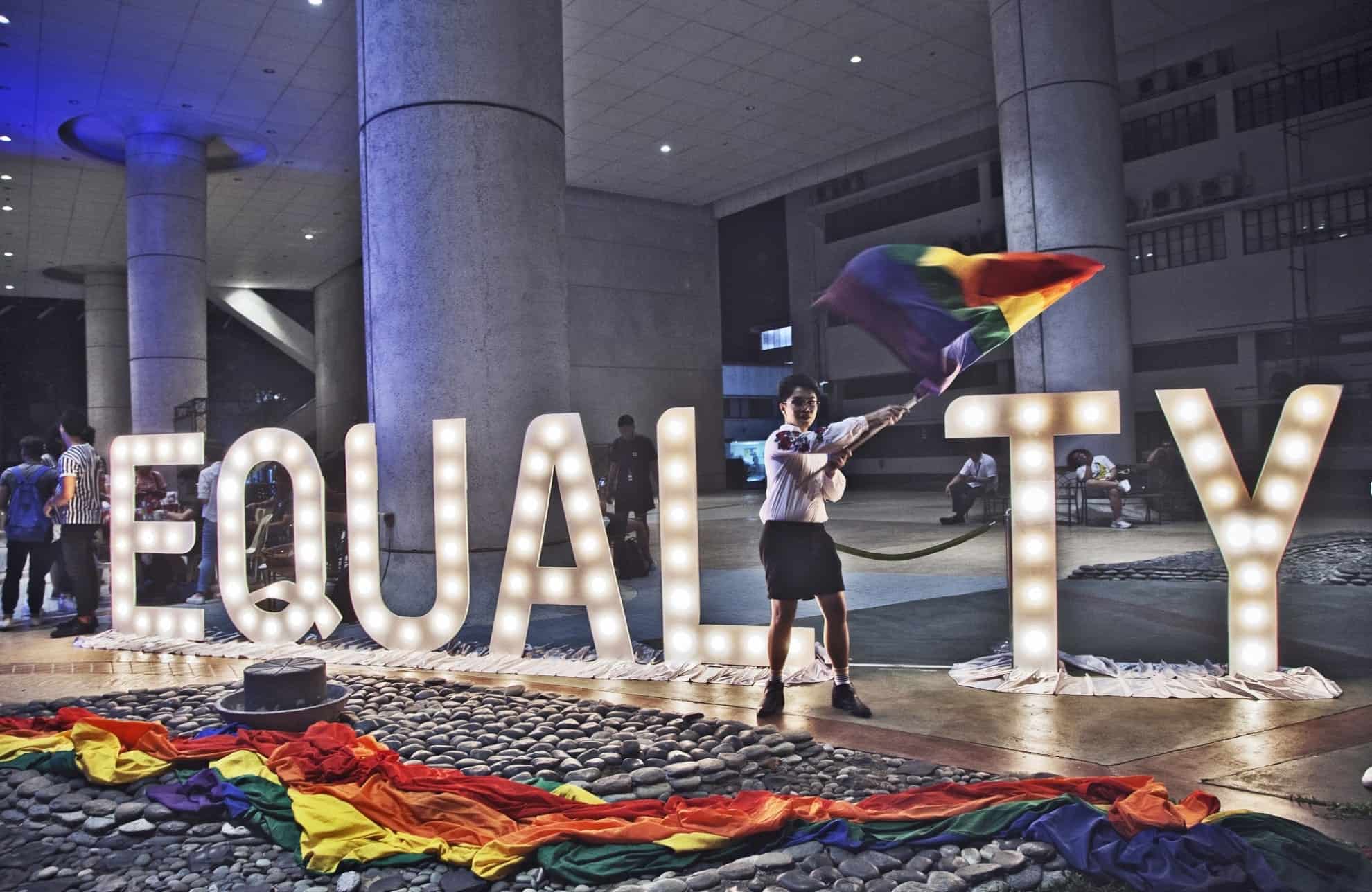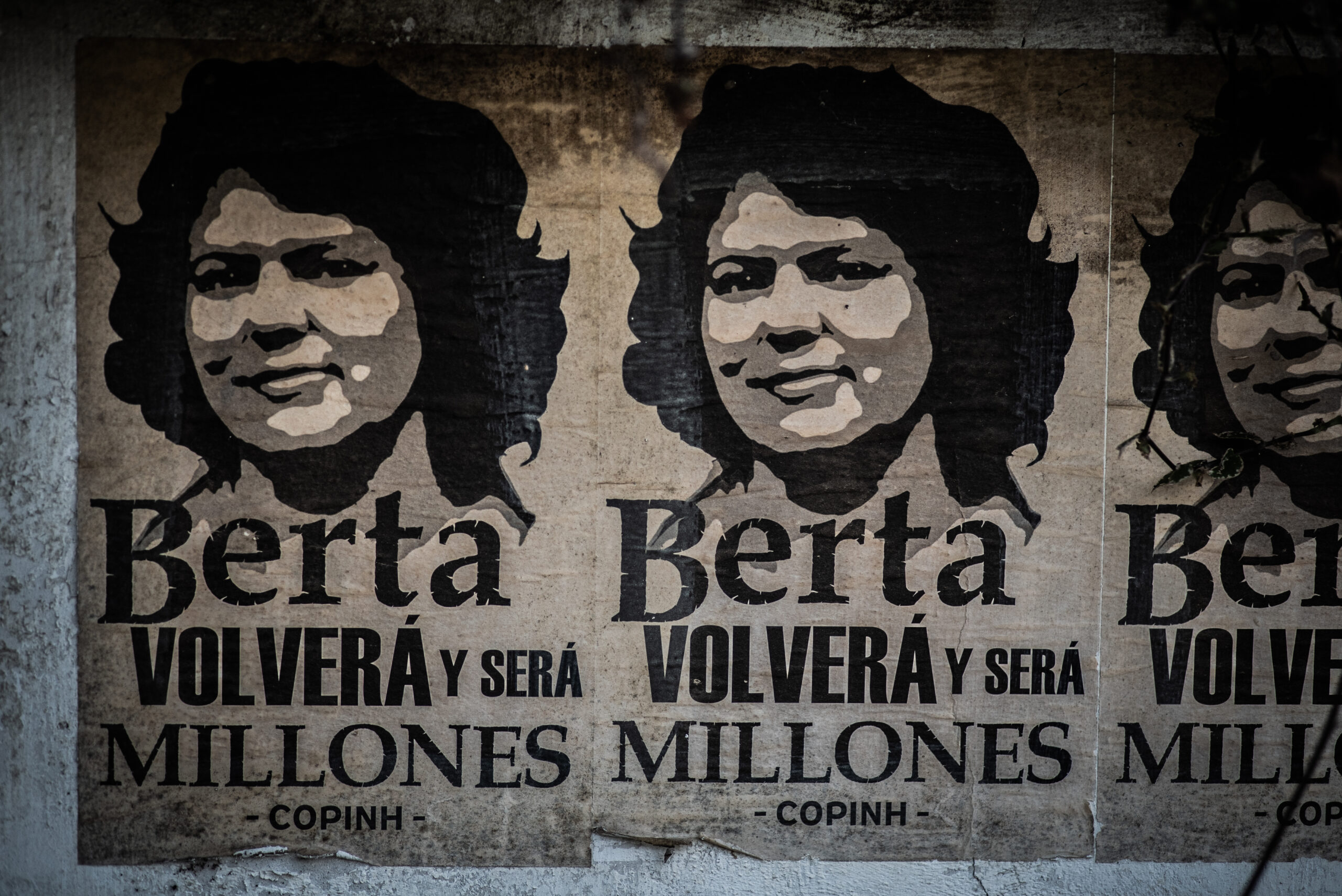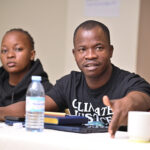This essay originally appeared in The Next 25 Years: A Collection of Essays on the Future of Human Rights, published by Article 3 to mark the 75th anniversary of the Universal Declaration of Human Rights.
Having worked in the human rights field for more than two decades, we are proud of the movement’s many accomplishments since the signing of the Universal Declaration of Human Rights (UDHR) 75 years ago. As a result of the work of human rights activists – supported by donors and others – we have seen the passage of protective laws, the ending of harmful practices, the recognition of marginalized peoples, the prosecution of warlords, and many other successes that fulfill the UDHR’s vision of dignity and justice for all.
And yet there is so much we have yet to accomplish and where we wish more progress had been made. In our opinion, many international human rights organizations and donors have been adept at promoting liberal ideas – the rule of law, the importance of institutions, democratic governance, bodily integrity, and the like. We ardently support these, but, in an age of burgeoning global inequality, our movement must press for more.

By and large, mainstream organizations and donors have failed to grapple with the root causes of the human rights abuses that we seek to end, including how the global economy underpins, and even incentivizes, violations. Many rights organizations in the Global North have shied away from criticizing key aspects of capitalism, such as the profit motive, the denial of public goods, the relentless extraction of raw materials, and the poisoning of our air and water.
But these characteristics drive some of the most pressing human rights challenges of our time: from growing inequality to the rise of authoritarianism to the human impact of the climate crisis. Unchecked neoliberal economic practices have uprooted economies, dispossessed workers, thwarted employee organizing, fed misinformation, and undermined the essential role of the state in securing social welfare. The human rights movement has focused on laws, rules, agreements, and processes, but not on the ways unbridled capitalism fuels and sustains human suffering.
We know that human rights abuses are the product of unchecked power. And yes, people in power can be ruthless, narcissistic, and sociopathic. Dissent or resistance by activists can seem threatening to those who want to maintain their authority at all costs.
By and large, mainstream organizations and donors have failed to grapple with the root causes of the human rights abuses that we seek to end, including how the global economy underpins, and even incentivizes, violations.
But why? Because the stakes are high and the spoils are great. Governments and corporations crack down on environmental defenders not just because they can, but because fighting to protect our planet stands in the way of significant financial gains. Pharmaceutical companies block access to life-saving drugs around the world, not just because they can, but because price-gouging and intellectual property claims generate enormous sums for their executives and shareholders. The global economic system affords these elites with the incentive to suppress ordinary people’s voices in favor of buttressing their own power, privilege, and profit.
Why haven’t more international human rights organizations spoken out about this? Part of the issue is that, when operating in a precarious funding context and volatile political environment, organizations face pressure to avoid accusations of being radical or quixotic. As such, they have often pinned their credibility on being apolitical and nonpartisan. They have used a legalistic methodology that evades the critical question of the economic system – a fact that has also led many to address economic, social, and cultural (ESC) rights as secondary to civil and political rights. This has been an important and missed opportunity. Pushing for ESC rights at an earlier stage could have bolstered, and even enhanced, the acceptance of human rights norms.
At the local level, the erroneous theoretical distinction between economic and political rights, fortunately, has proven to be less salient. The Fund for Global Human Rights partners with many groups in the Global South who have demonstrated the importance of advancing the full breadth of human rights, as the UDHR set forth. Women’s rights groups in India seeking to improve the well-being of widows, for example, prioritized economic rights when they advocated for – and ultimately achieved – inheritance rights and access to land for farming. Children’s rights groups seeking to end the forced conscription of young people into militias in Africa also centered ESC rights in their efforts, ultimately facilitating the release of these youth and providing education and shelter for them.

Many of these same groups and communities have undertaken work that challenges the dominant economic system. These groups have often drawn on knowledge and traditions that could help us change our relationship with dwindling natural resources and address the looming existential threat of climate change. Indigenous and peasant farmer groups in Guatemala, for example, protected both their rights and the environment when they mobilized their communities to demand and obtain free, prior, and informed consent for mining projects undertaken by the government and private companies. Their efforts demonstrate the power of effective community organizing to rein in extractive industries that displace residents and often deprive them of arable land and clean water. Similarly, a well-respected community organization in Honduras achieved a measure of food security and food sovereignty during the Covid pandemic by moving away from reliance on export crops and instead emphasizing local and regional markets. In so doing, they proved there are sustainable economic alternatives to current industrial systems that deplete the soil, increase greenhouse gas emissions, and ultimately undermine food security.
Sadly, instead of being celebrated for their defense of human dignity and the planet, many environmental and human rights activists in places like Guatemala and Honduras are being denied their rights, jailed, and even killed by government and corporate actors. And while mainstream rights organizations, donors, and policymakers have rallied to protect these defenders and demand justice, they have failed to systematically advocate for economic alternatives to the systems that have put activists in the crosshairs of such powerful foes.
We must think broadly, deeply, and radically about our strategies. And we must invite grassroots and local activists on the frontlines of human rights crises into the discussion as equal partners.
Fortunately, it is not too late to change our approach. If we are to be led by the people most impacted by rights violations in the coming years, then international organizations and donors – particularly those based in the Global North – must interrogate the ways in which we continue to benefit from a system that is designed to impoverish and disempower those we are ostensibly trying to help. We must think broadly, deeply, and radically about our strategies. And we must invite grassroots and local activists on the frontlines of human rights crises into the discussion as equal partners with critical lessons to share. Only then can we realize the founding vision of the UDHR: political and economic security, dignity, and freedom for all.
Sign up to our newsletter
Add some impact to your inbox.


